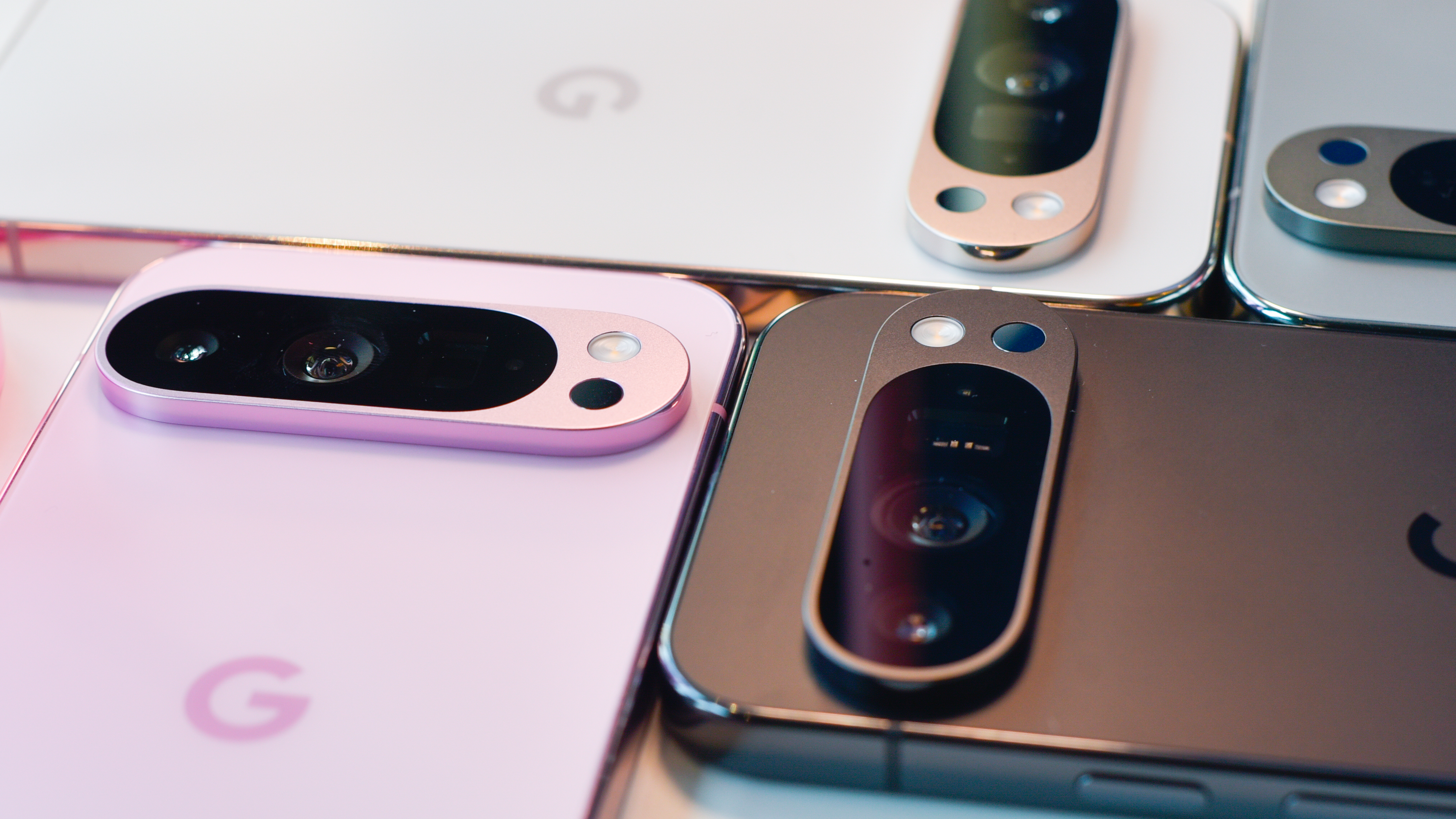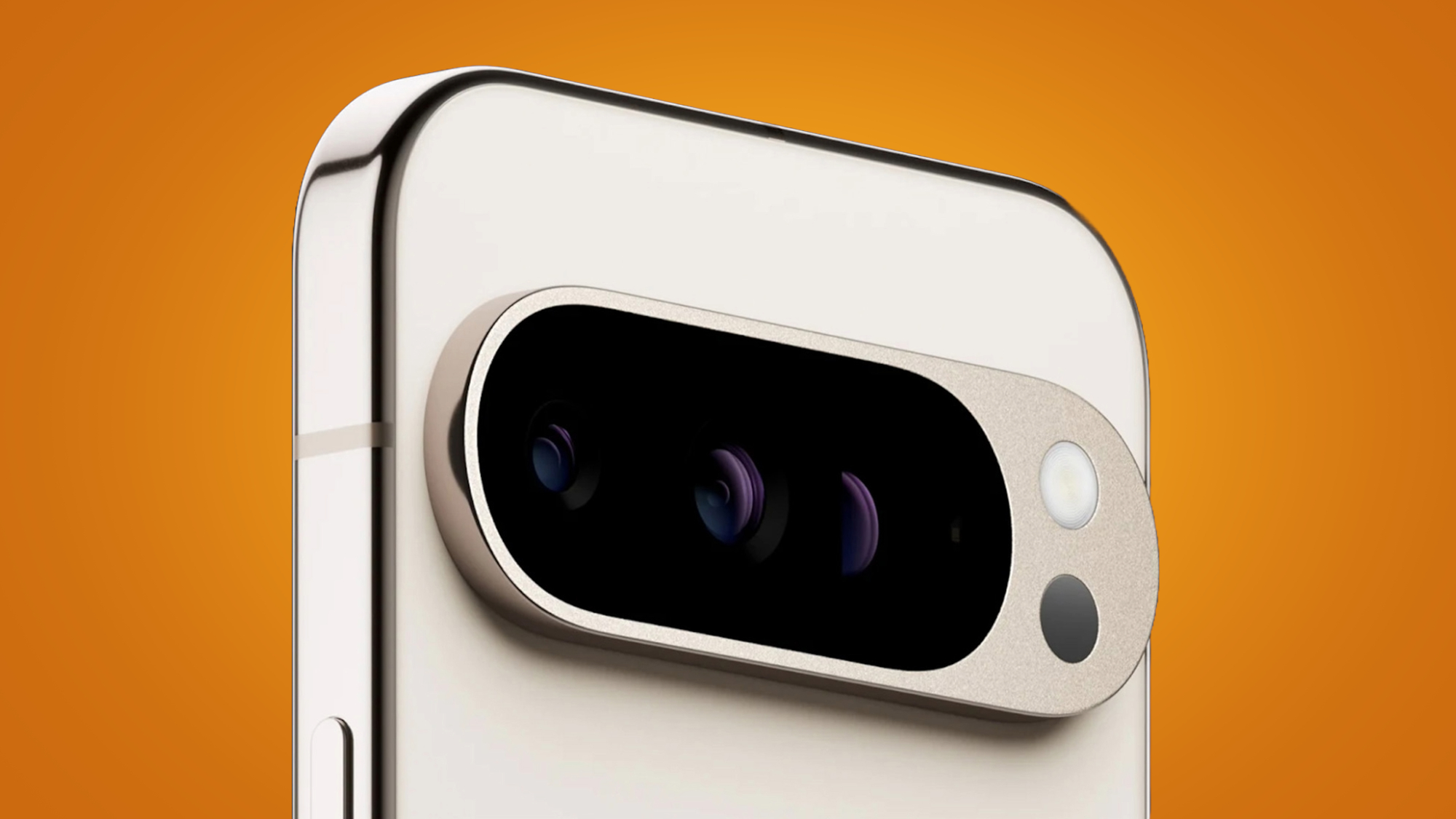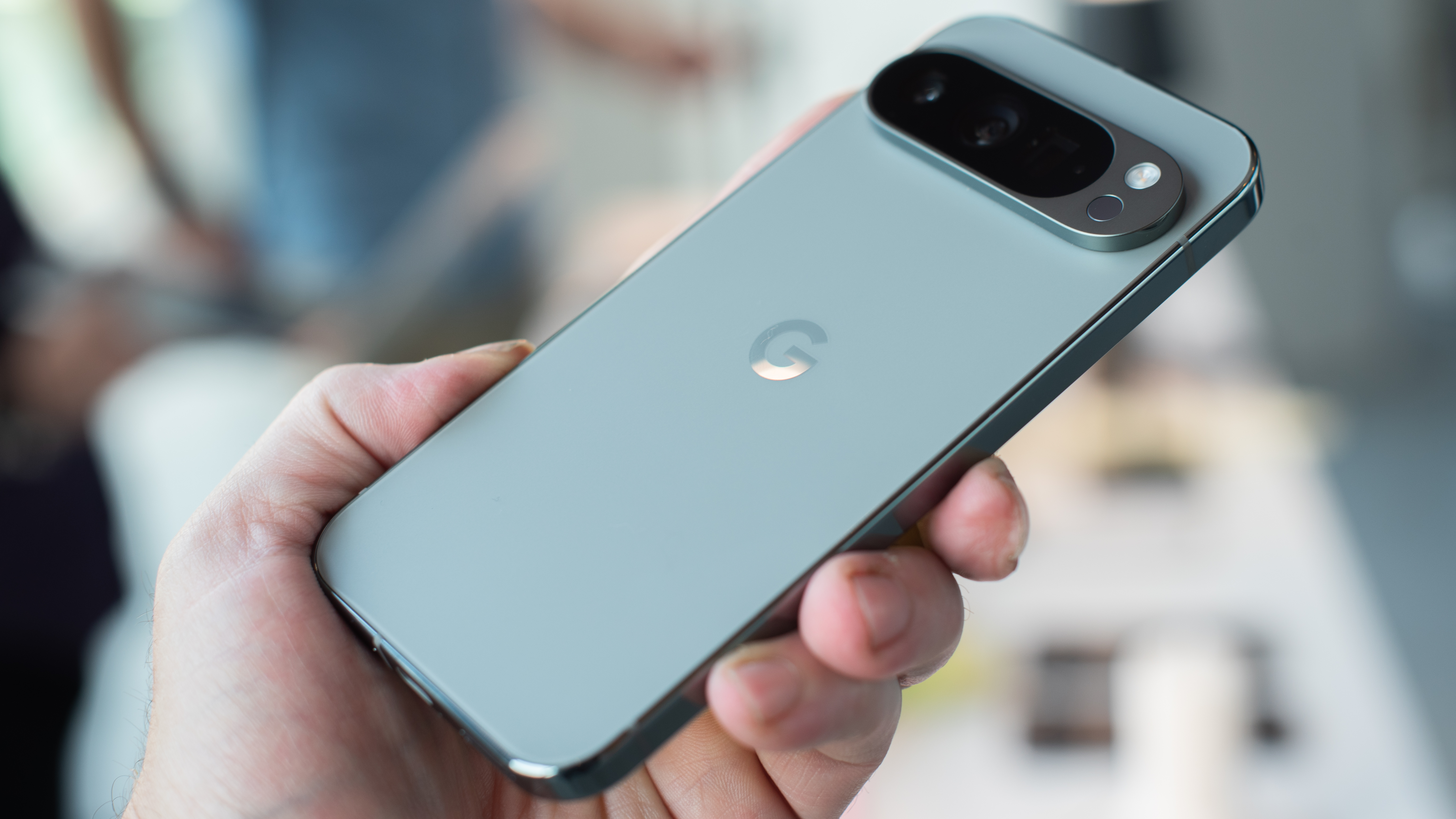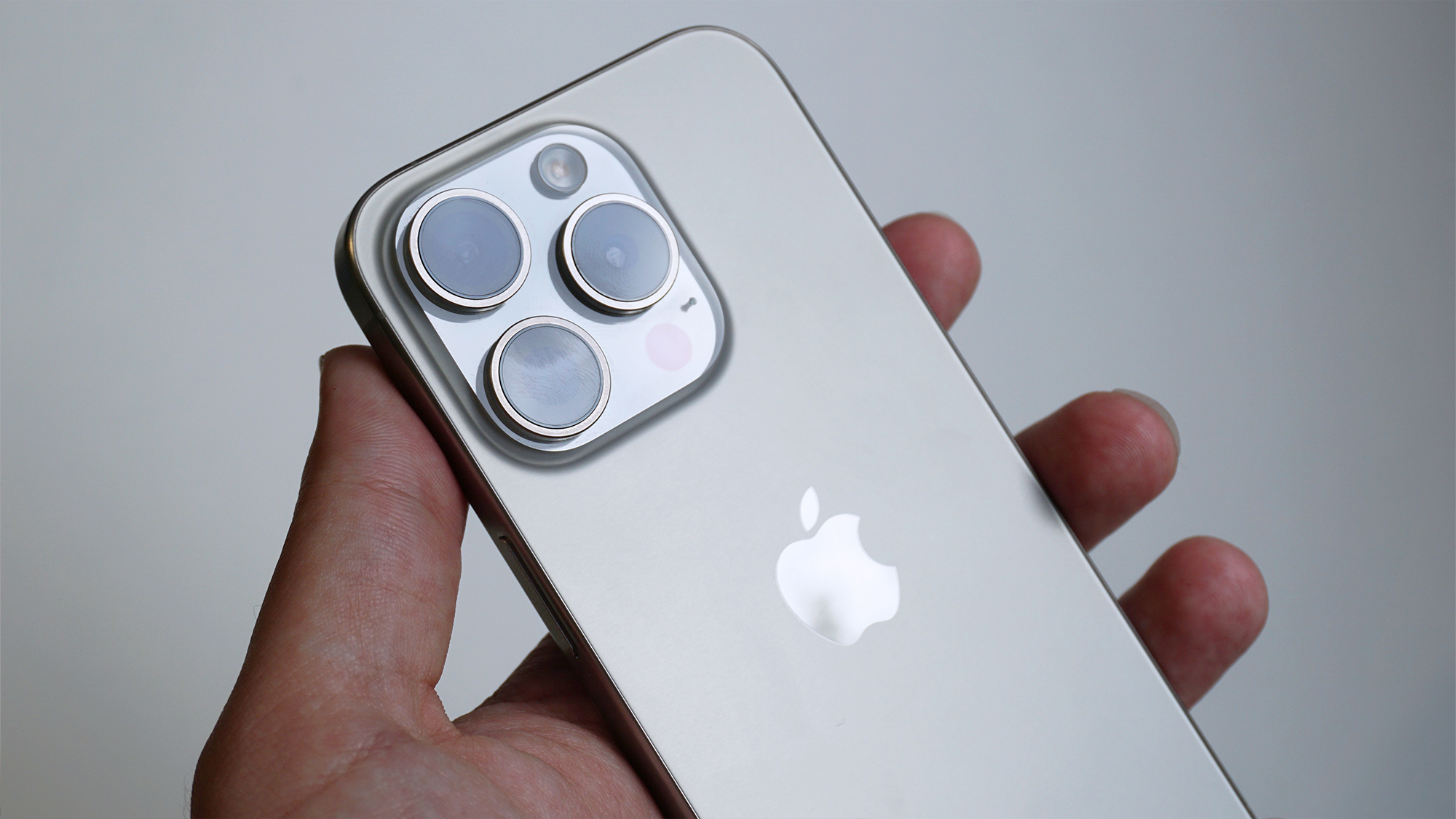
Back in 2021, I penned an op-ed on why I’m comfortable being trapped in Apple’s ecosystem, and although I’ve tested (and loved using) many of the best Android phones since then, the comparatively boring iPhone still calls to me each year like a titanium safety blanket in a world of complex software and obnoxiously large camera bumps.
Sure, a big reason for that sustained interest is convenience – as someone who uses a MacBook, an Apple TV, and AirPods away from the office, I’ll always choose inter-device efficiency over innovation – but Apple has damn near perfected its product design, too.
I don’t need to tell you that iPhones and MacBooks are fashion statements as much as they are productivity tools – head to your nearest coffee shop for the proof. And no other Android phone has come close to replicating the iPhone’s unique synergy of simplicity and style. That is, until the Google Pixel 9 Pro.
The Google Pixel 9 Pro was recently crowned TechRadar’s Phone of the Year, and for good reason. It’s the only new flagship in 2024 that feels truly new versus its predecessor, and despite not being the most powerful device on the block, the Pixel 9 Pro nails the things we take for granted: making phone calls, dealing with notifications, sending messages, and so on.

Most of all, though, the Pixel 9 Pro is a truly good-looking phone. As we’ve established, I’m a huge iPhone fan, and even I found myself looking twice at the Pixel’s flat aluminum sides, frosted glass rear panel, and perfectly sized pill-shaped module. The phone is impressively durable, too, with Gorilla Glass Victus 2 on the front and an IP68 dust and water resistance rating to boot. Put simply, the Pixel 9 Pro is a world away from the Google Pixel 8 Pro. Just look at it.

There is, of course, a large elephant in the room here: the Pixel 9 Pro is more iPhone-like than any Pixel phone (heck, any Android phone) that’s come before it. I’m effectively praising Google for leaning on Apple’s design philosophy, when others might criticize the company for not bringing something truly new to the table.
But honestly, why not play to a winning strategy? Just as Samsung is right to take inspiration from Apple’s iPhone design, Google, too, should continue to riff on this cleaner, more industrial aesthetic, one that clearly resonates with consumers of a certain purchasing power.

In any case, what does Google have to lose by designing an iPhone-style Pixel? We know that more Android users are switching to iPhone than vice versa, and although the Pixel 9 Pro isn’t going to convince iPhone users to switch to Pixel en masse, it might help retain existing Pixel users. Or better yet, convince other Android users to embrace the best Pixel phones instead of, say, the best Samsung phones.
Yes, maybe the Google Pixel 9 Pro represents a loss of personality for the Pixel family – but Apple has proven that personality isn’t what people buy phones for.
You might also like
- TechRadar Choice Awards 2024 winners: the best tech of the last year
- Google Pixel 9 Pro vs Google Pixel 8 Pro: same name, different game
- Google Pixel 9 Pro vs Samsung Galaxy S24 Ultra: two AI champions compared
